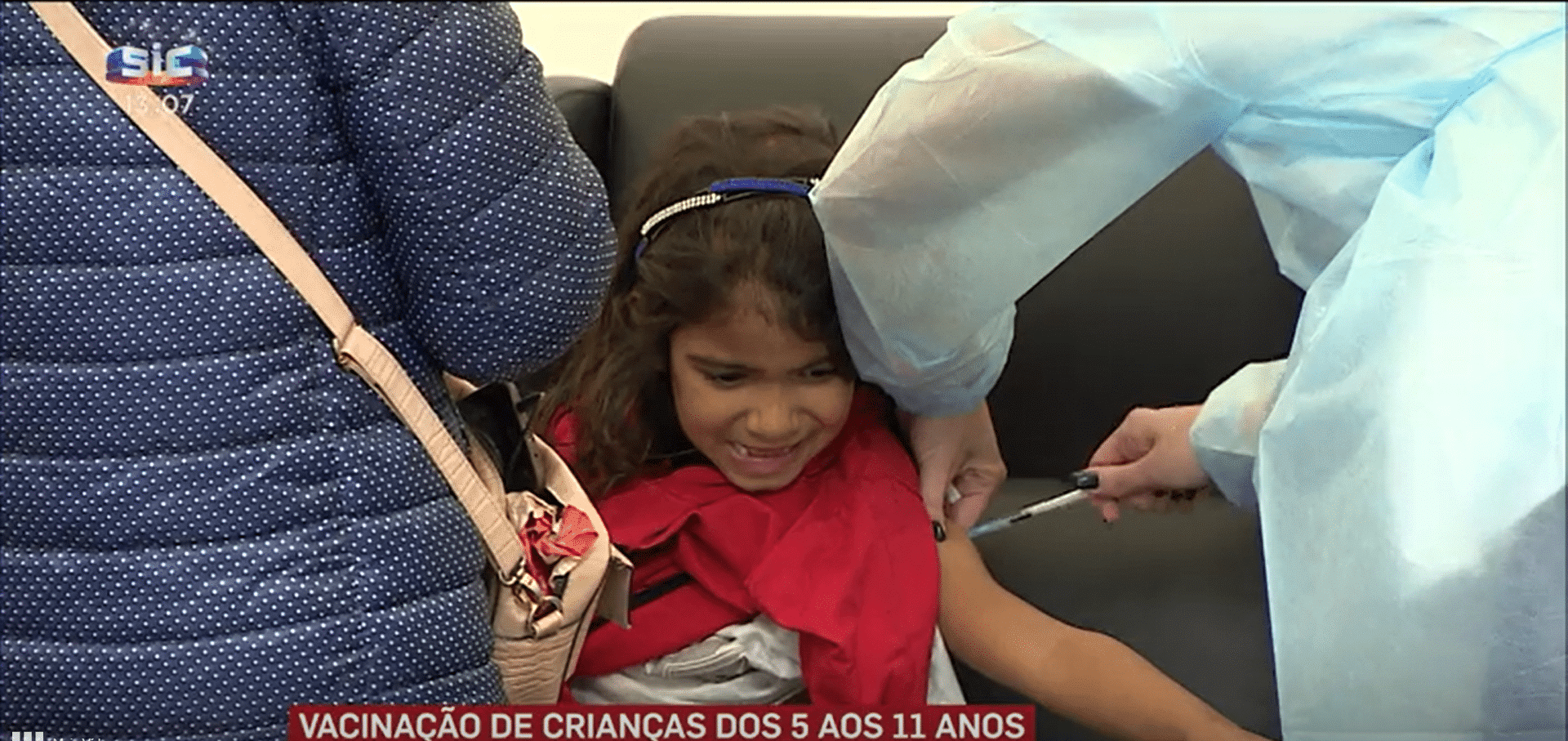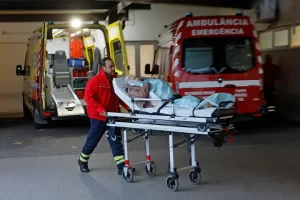Portugal’s parents have not come forwards in the large numbers encouraged to vaccinate their 5-11 year olds.
In spite of constant reassurances by the authorities that the vaccines “are safe”, less than half the universe of 640,000 children have been jabbed (indeed the latest DGS bulletin shows just one vaccine was administered in the last 24-hours).
The recent death of a six-year-old boy days after receiving his first shot of Pfizer mRNA vaccine has certainly not helped confidence (click here).
DGS health director Graça Freitas has “appealed for the serenity of parents”, which one could argue they have shown: serenity in the fact that SARS-CoV-2 rarely adversely affects children under the age of 11 (or indeed over it).
This coming weekend has been reserved for the 87,000 children in Portugal aged 5.
Says tabloid Correio da Manhã, its attempts to find out how many have had shots scheduled, has “not had an answer”.
The child-dose vaccines ordered by Portugal have a shelf-life of nine months, thus if any are left over, they will either be ‘given’ to other countries, or resold, says the paper.
Meantime, the reality is that more than 100,000 children and teens have tested positive for SARS-CoV-2 since the start of the new school year less than two weeks ago.
This has seen them all sent into isolation (admittedly only for seven days) but it is still causing huge logistical problems, as well as problems with learning.
“It is very difficult”, Manuel Pereira of ANDE, the association of school directors, has explained. “In every school there are classes with pupils who test positive and who have to isolate”.
In the case of pupils who test positive, they are attempting to follow classes remotely – and this is proving extremely difficult.
Mr Pereira explained: “Before (meaning last year) when there was a positive case, the whole class had to go home and the teachers gave online classes. Now we have pupils in the class, and others at home, and the teachers cannot do the two things at once…”
Specialists have started appreciating these problems, calling for a completely different approach to be adopted as soon as the current ‘wave’ is over: one where emphasis on testing is basically dispensed with, so that people without symptoms are spared being sent into isolation (click here).


























